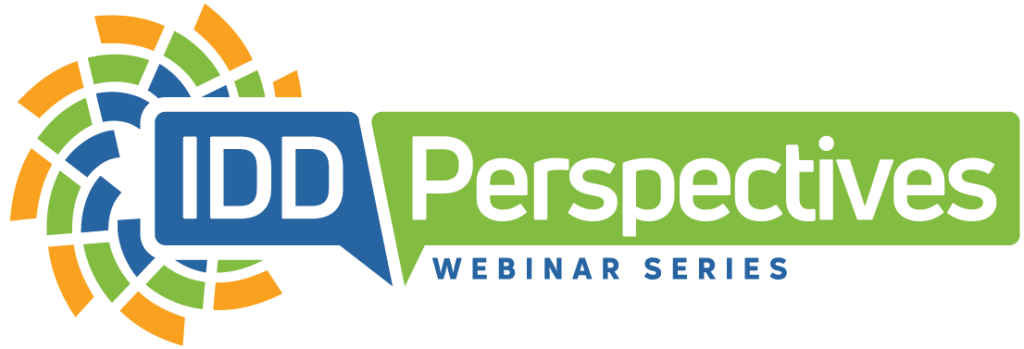In 2015 a study was done by Georgia’s Department of Behavioral Health and Developmental Disabilities (DBHDD) on mortality, mortality trends, and related information to the health and care received by people by the Georgia DBHDD. What was needed was a straight-forward, usable measure of health condition and health risk. ICD codes were too complex and hard to use.
GA’s DBHDD is a long-time user of the Health Risk Screening Tool (HRST.) They decided to use the HRST data as a measure of health risk to model mortality. What they found was that it was not residential setting, gender or part of the country that was associated with mortality but rather the two main predictors of death were:
- Age
- HRST Health Risk Scores
Gwendell Gravitt, Jr, Director of Office of Performance Analysis, Division of Performance Management & Quality Improvement for DBHDD and Catherine Ivy, Director of Community Services, Division of Intellectual and Developmental Disabilities for DBHDD presented their incredible report findings at the 141st American Association on Intellectual and Developmental Disabilities (AAIDD) annual meeting.
The goal was not just to get information but to use it to make system improvements to quality of care.
Their presentation, called “Understanding Mortality Risk in Order to Prevent it”, specifically featured the Health Risk Screening Tool and how the scores arrived with its use were used in their study. The goal was not just to get information but to use it to make system improvements to quality of care. They were able to do just that…
Mr. Gravitt and Ms. Ivy will be presenting their updated 2016 report at the Home and Community Based Services Conference in Baltimore, MD this August. Their new report will show how they were able to use the information in the 2015 report to reach their goal.
The study is being updated to include the 2016 data and it will be presented at the HCBS conference in Baltimore, August 30th, 8:30 AM.
To see the complete 2015 report, click here.




